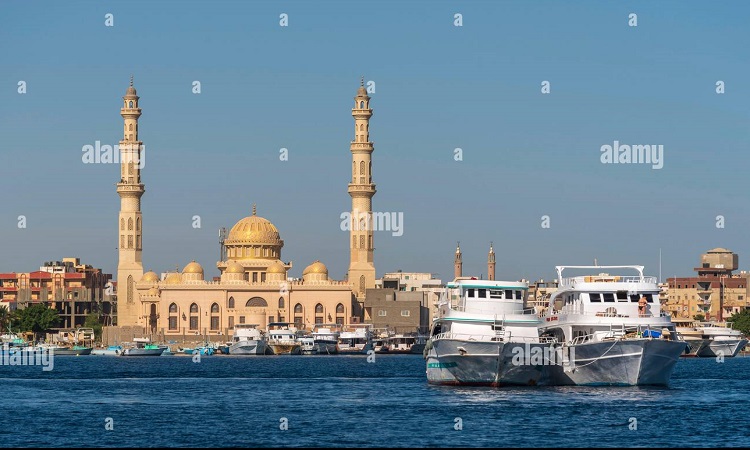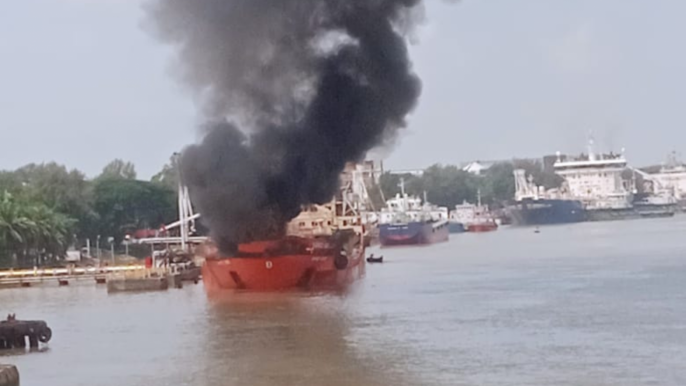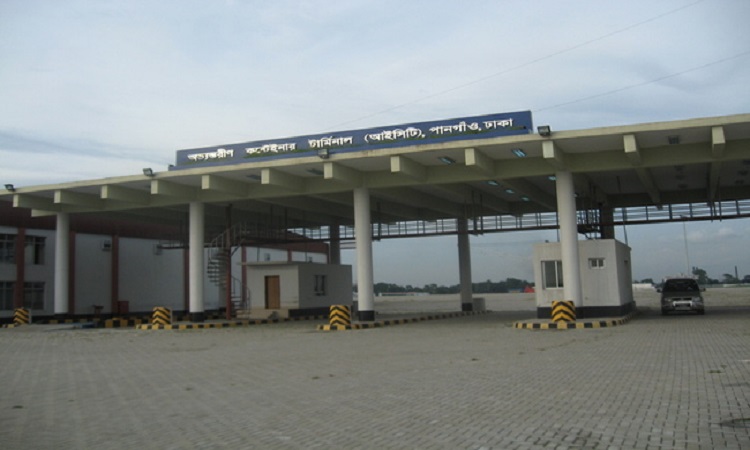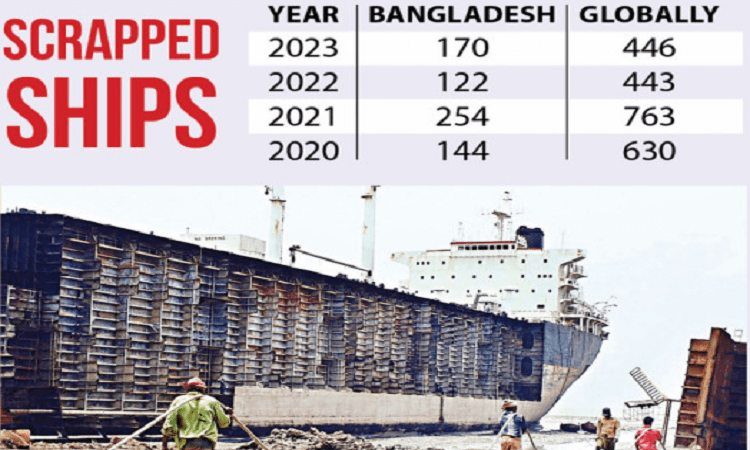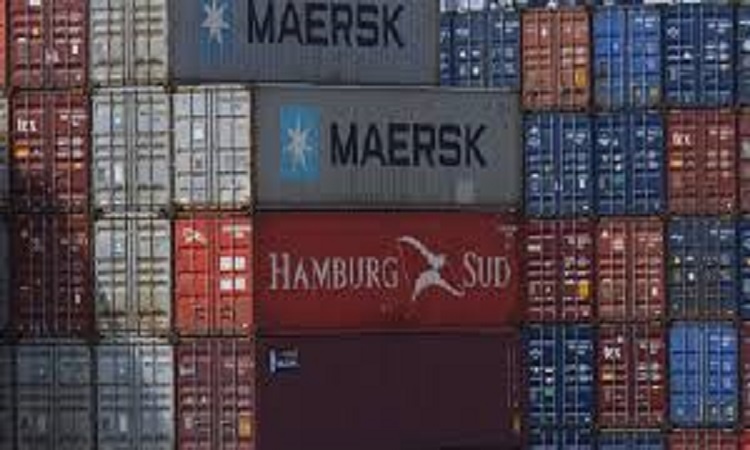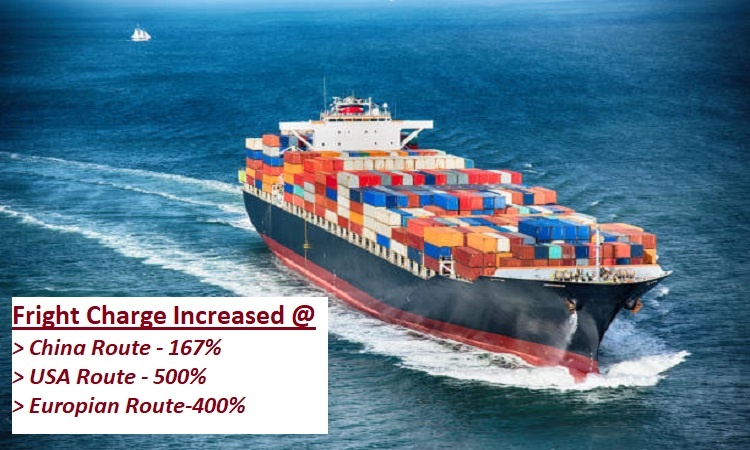Increase in freight charges
Increase in freight charges on major sea routes has created a serious situation for local businesses, especially on the Bangladesh-China route. Because of the Covid-19 epidemic for the past two years, businesses have already faced economic challenges.
Delays in shipments with these increased charges have increased the production costs of most products, from raw materials to emergency medical supplies. The traders said that if the cost increases in this way, there will be a big business loss.
Within the last three weeks the cost of shipping a 40-foot container on the Bangladesh-China route has increased by 2,000 USD . Traders now have to shell out 8,000 USD for a 40-foot loaded container. It was 6500 USD just last three weeks ago. Compared to last year, the cost has increased by 167 percent or 5 thousand dollars.
The garment sector is one of the major losses. Because the garment sector is largely dependent on China for raw materials.
Rakibul Alam Chowdhury, vice-president of the Bangladesh Garment Manufacturers and Exporters Association (BGMEA), said, “The recent increase in freight charges on the China-Bangladesh route has directly affected our production, increasing costs. Because China is our main source of raw materials.”
“Apart from the increase in international freight charges, the recent rise in fuel prices has also increased the cost of transporting local goods. So now our logistics costs have doubled,” he said.
“Despite the unfavorable situation, we have to increase the salaries of our employees by 5 per cent as soon as the new year begins. But our buyers are not raising the prices of the products,” he added.
Compared to last year, the cost of transporting marine goods on the Bangladesh-US route has increased by 500 percent, and the cost per 40-foot loaded container has increased from হাজার 3,000 to ৮ 16,000. On the other hand, the cost of the Europe route has increased by 400 percent to 12 thousand dollars.
According to a recent report by the United Nations Conference on Trade and Development (UNCTEAD), the increase in freight charges and other related costs is the result of growing demand and declining supply capacity. In addition, there is a shortage of workers and restrictions on coronavirus imposed in port areas.
The report titled ‘Review of Maritime Transport 2021’ predicts that this high cost of transporting goods or freight charges may remain in force till 2023.
Predicting losses in developing countries, the report added, “If container freight charges continue to rise, the level of global import prices could rise by 11 percent by 2023. Consumer price levels could rise by 1.5 percent.”
Bangladesh has already increased the rate of local freight as well as other costs for shipping goods.
On November 4, the Bangladesh Inland Container Depot Association (BICDA) increased its container handling charges by 23 per cent, while 19 private inland container depots (ICDs) increased by 26 per cent. Meanwhile, Water Transport Cell (WTC), a non-government organization of lighter-vessel operators, hiked fares by 15 per cent on November 15 after the government hiked fuel prices.
This increase in rent has become a matter of concern for everyone. Because the traders bring their goods in small or light ships from big ships anchored in the ports outside Chittagong port. At present, there are 1,300 ships under WTC.
In addition, road transport fares have risen by more than 25 percent. Because at the beginning of November last year, the government increased the price of diesel and kerosene by 23 percent or 15 rupees.
Mohammad Shamsul Azam, director of Bangladesh Knitwear Manufacturers and Exporters Association, told BD Shipping that , “A few months ago, the average cost of transporting goods from Chittagong port to Dhaka was Tk 15,000. But recently it has increased to Tk 25,000 to 30,000.”
Chowdhury Zafar Ahmed, secretary general of Bangladesh Covered Van-Truck-Prime Mover Goods Transport Owners Association, said, “There is no fixed fare based on the route of transport of goods. However, we have rental agreements with some companies.”
Economists say businesses around the world are now struggling with rising transportation costs. And some unplanned government policies in Bangladesh have exacerbated this misery.
Retired Professor of Economics at the University of Chittagong. Moinul Islam said, “The government has decided to increase the price of diesel by Tk 15 at a time when trade is struggling to recover from the effects of the epidemic.”
He thinks the economy is hurting as a result.
He added that transport fares could be increased by 6 per cent to increase diesel prices. But other stakeholders, including ICDs, lighter-vessels and trucks, have increased fares at will.
Syed Mohammad Tanvir, vice-president of the Chittagong Chamber of Commerce and Industries, said:
Alamgir Parvez, importer and proprietor of RM Traders, said, “The shipment crisis has pushed up the prices of most consumer goods.”
He said that in such a situation, running a business has become a challenge.

